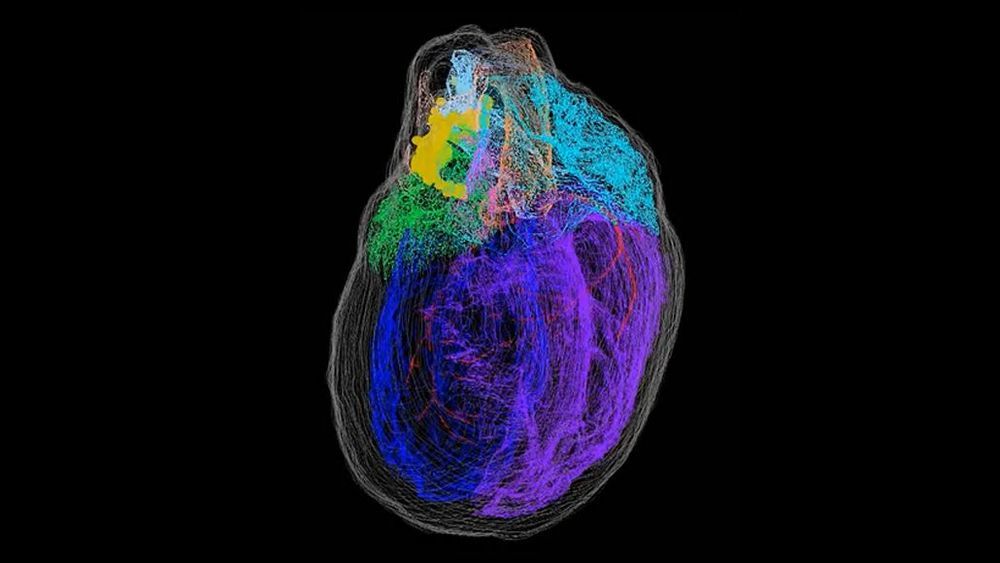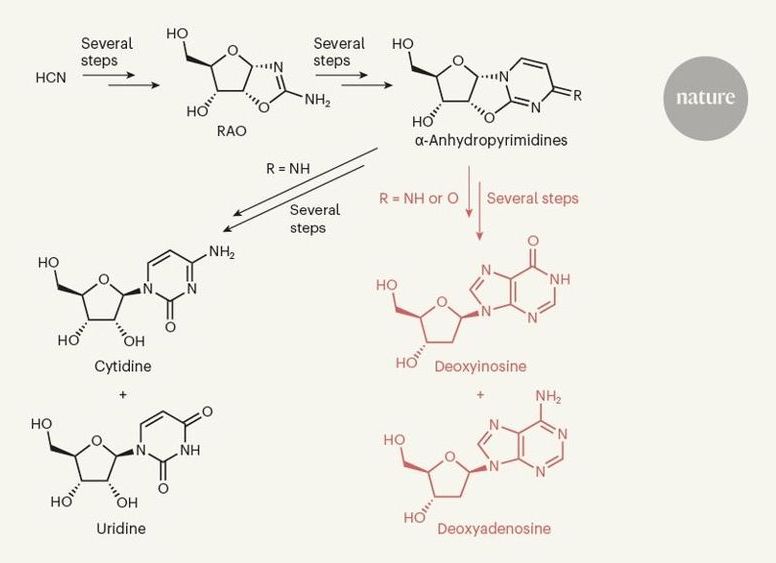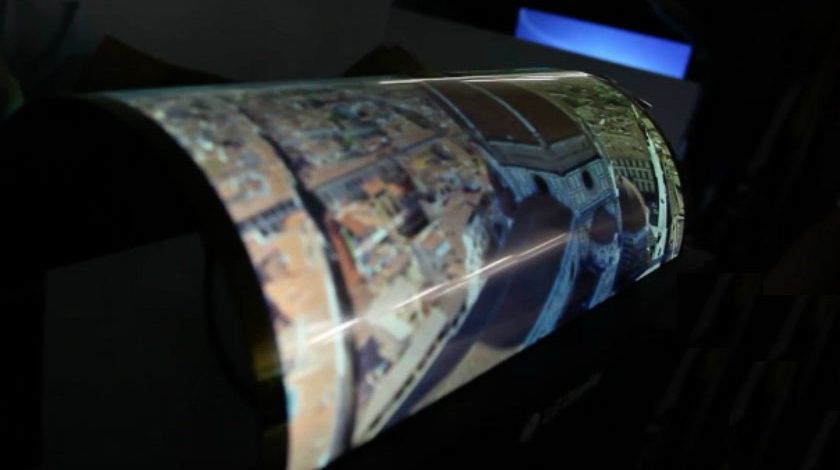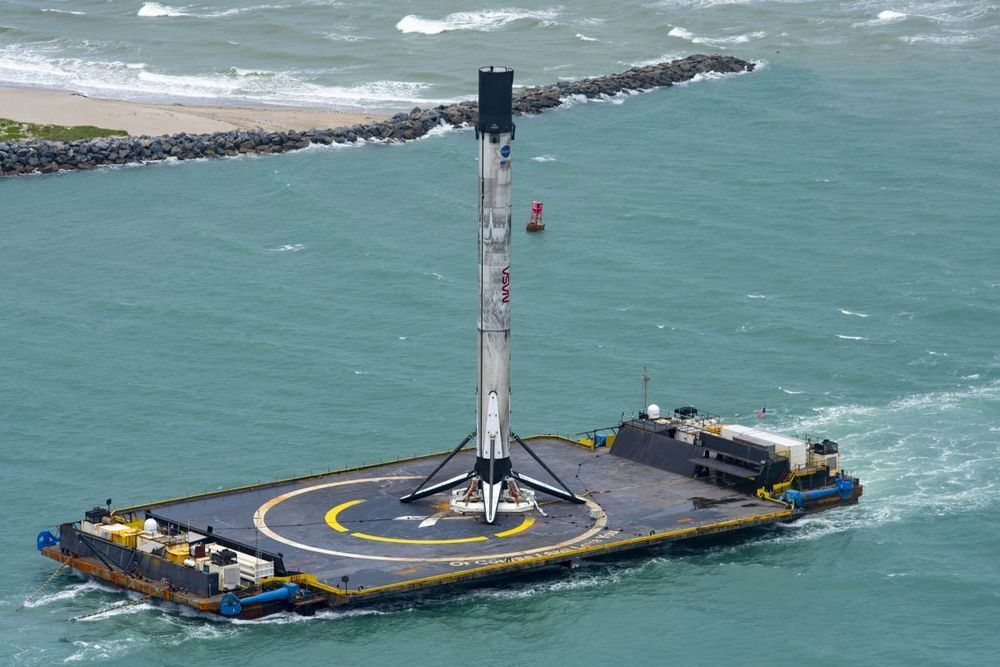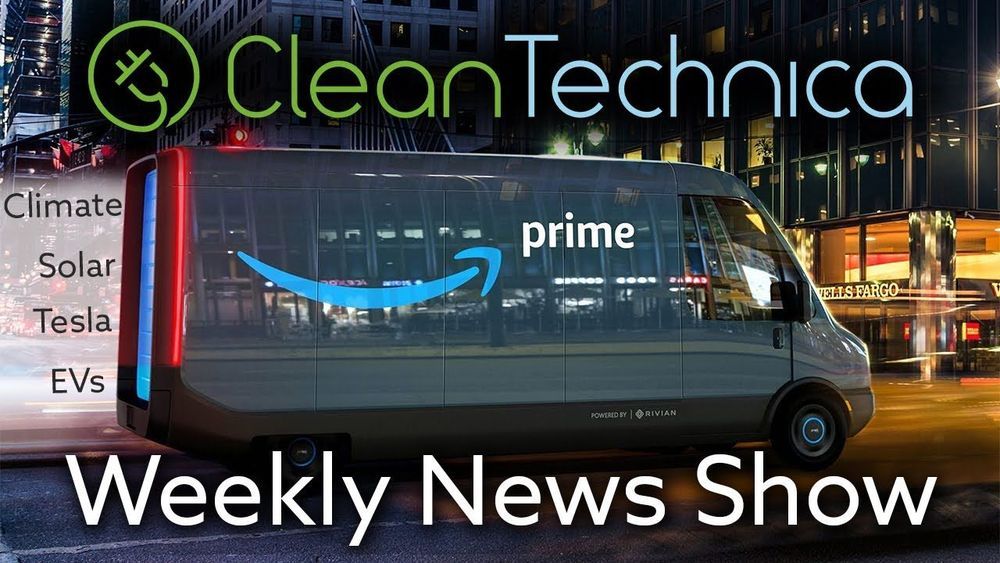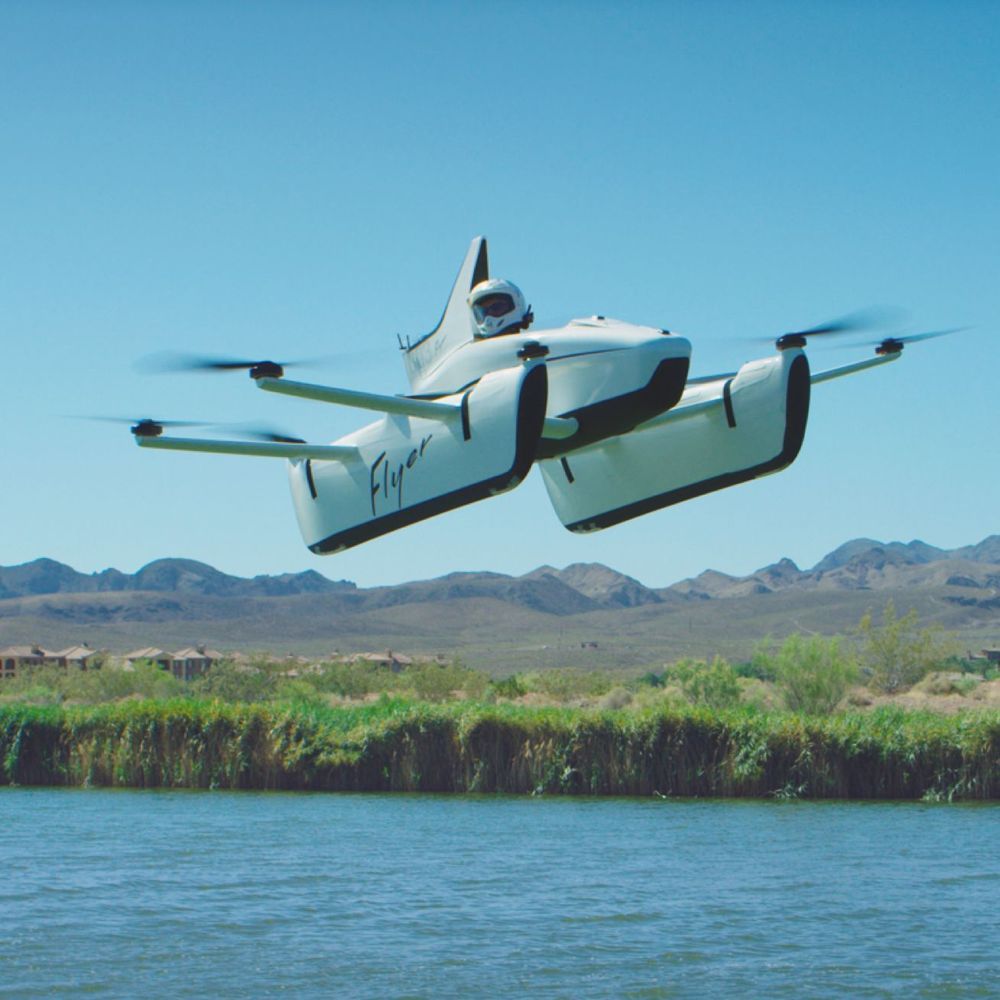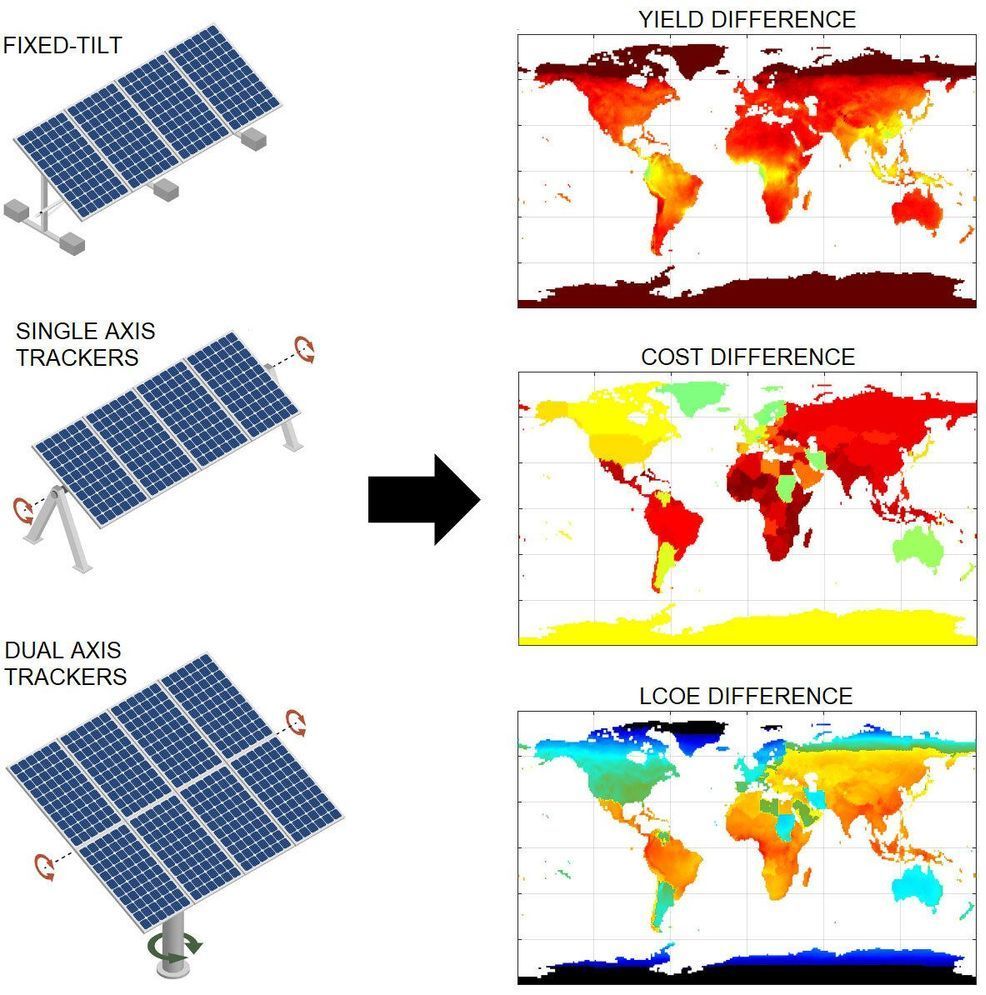
Solar power systems with double-sided (bifacial) solar panels—which collect sunlight from two sides instead of one—and single-axis tracking technology that tilts the panels so they can follow the sun are the most cost effective to date, researchers report June 3rd in the journal Joule. They determined that this combination of technologies produces almost 35% more energy, on average, than immobile single-panel photovoltaic systems, while reducing the cost of electricity by an average of 16%.
“The results are stable, even when accounting for changes in the weather conditions and in the costs from the solar panels and the other components of the photovoltaic system, over a fairly wide range,” says first author Carlos Rodríguez-Gallegos, a research fellow at the Solar Energy Research Institute of Singapore, sponsored by the National University of Singapore. “This means that investing in bifacial and tracking systems should be a safe bet for the foreseeable future.”
Research efforts tend to focus on further boosting energy output from solar power systems by improving solar cell efficiency, but the energy yield per panel can also be increased in other ways. Double-sided solar panels, for example, produce more energy per unit area than their standard counterparts and can function in similar locations, including rooftops. This style of solar panel, as well as tracking technology that allows each panel to capture more light by tilting in line with the sun throughout the day, could significantly improve the energy yield of solar cells even without further advancements in the capabilities of the cells themselves. However, the combined contributions of these recent technologies have not been fully explored.

